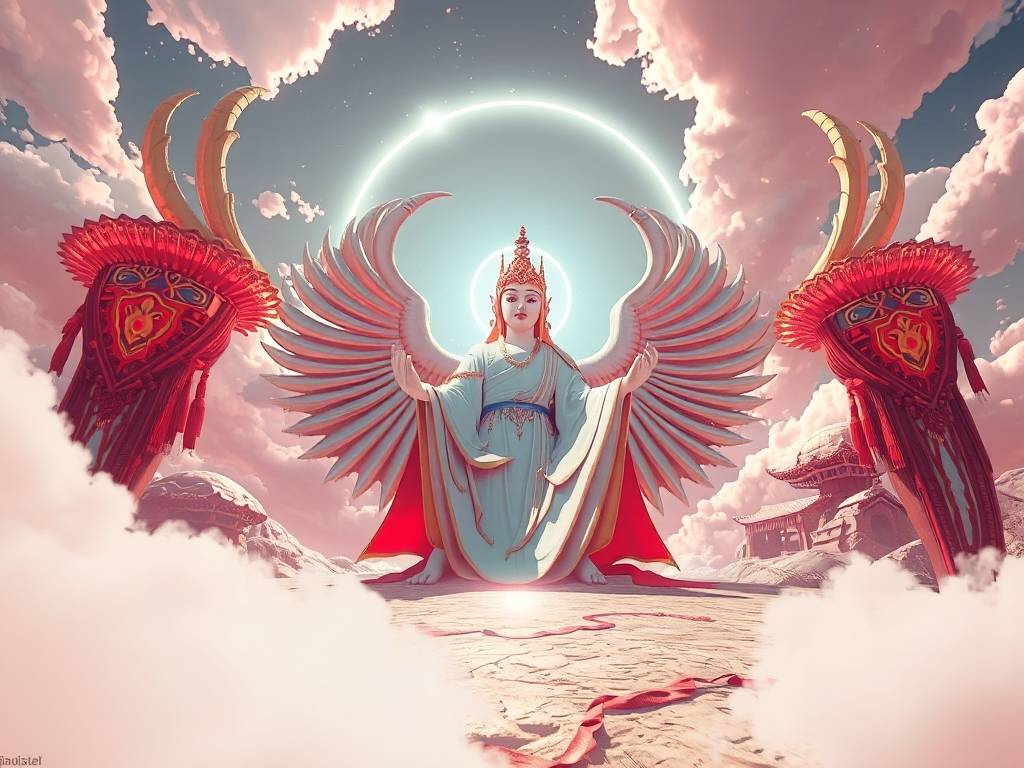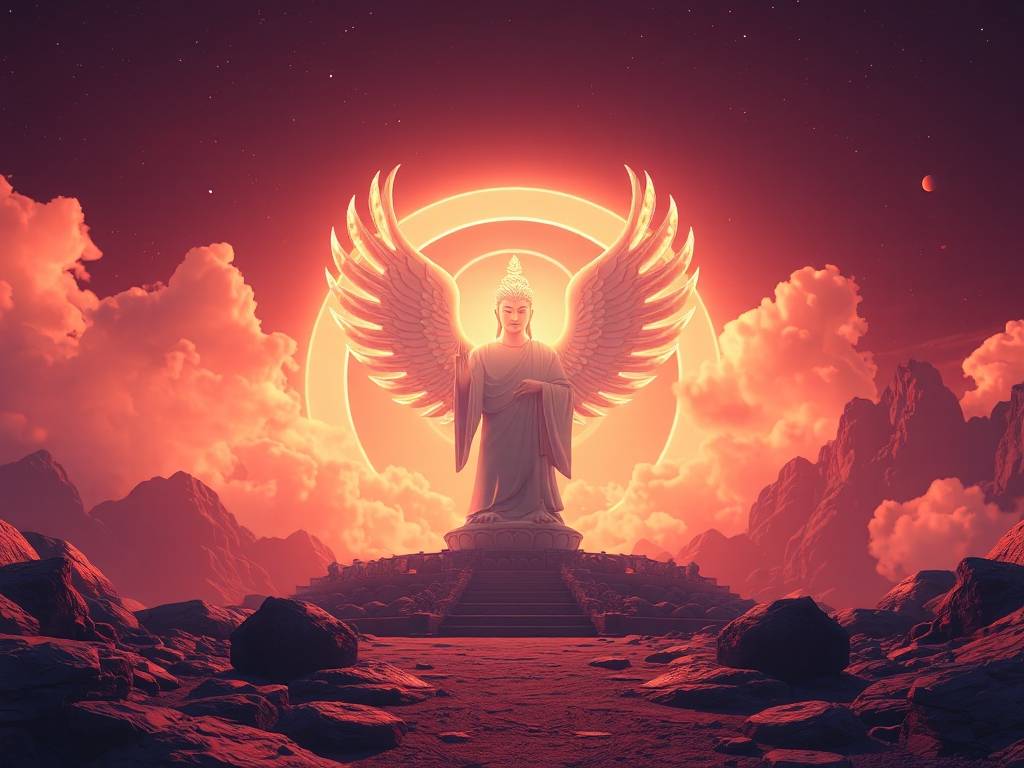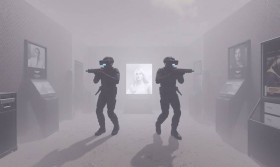The Genesis Engine: Charting the Next Evolution of God Simulator VR
Imagine the feeling. You look down, and beneath your feet, not a floor, but the swirling, nascent clouds of a planet yet to be born. With a gesture of your hand, you coax mountains from the crust. With a whisper, you guide the course of rivers. This is the profound promise of God Simulator VR, a genre that has captivated millions by placing the power of creation literally in our hands. But as we stand at this pinnacle, a question emerges: where does creation go from here? The next great leap isn't just about sharper graphics or more disasters; it's about a fundamental Creation Expansion that will transform these virtual worlds from beautiful dioramas into living, breathing universes with their own stories to tell.
For years, the core loop of a god game has been one of cause and spectacular effect. You raise a mountain, you summon a tornado, you nurture a civilization or wipe it out with a meteor. It’s immensely satisfying, a divine power fantasy realized with stunning immersion through Virtual Reality gaming. Yet, many players eventually hit a wall. The civilizations, while charming, can feel like clockwork automata. The ecosystems, while beautiful, are often fragile scripts. The initial awe of omnipotence can, paradoxically, give way to a sense of loneliness. You are a painter, but the canvas doesn't paint back.

This is the central challenge and the incredible opportunity for the next wave of immersive god games. The solution lies in moving beyond static creation and into the realm of dynamic, systemic world-building simulation. The future of this genre is not just about building a world, but about cultivating a universe that feels truly alive, independent, and deeply mysterious, even to its creator.
The Soul of the System: From Macromanagement to Microbial Life
The first pillar of this Creation Expansion is depth through interconnected systems. Instead of having separate modules for terrain, weather, and life, imagine them as a single, complex web. A new god game VR might feature a sophisticated geology engine where tectonic plates slowly shift over time, not because you manually move them, but as a consequence of the planet's internal heat, which you can influence. This tectonic activity would then directly affect volcanic eruptions, mineral distribution, and even the planet's magnetic field.
Now, layer in a truly dynamic ecosystem simulation. This goes far beyond "plant a tree, deer appear." We're talking about a virtual genetics system where creatures adapt and evolve based on environmental pressures. If you, as the divine player, introduce a period of intense global cooling, you might witness the development of thicker fur or migratory patterns in your creatures. This procedural evolution technology would ensure that no two playthroughs are ever the same. The creatures that roam your world wouldn't just be pre-designed assets; they would be the unique products of your world's history, a living testament to your choices, both deliberate and accidental.
This level of detail empowers a new form of interactive creation. You're not just placing biomes; you're setting initial conditions and watching the story unfold. Your role shifts from a micro-manager to a curator of chaos, guiding the system rather than dictating every outcome. This addresses the user's desire for a world that feels persistent and real, one that continues its story even when they're not actively commanding it.
The Narrative of Emergence: When Your Creations Talk Back
The second pillar is the evolution of civilization. Current god games often treat civilizations as a resource or a score. The next generation needs to treat them as characters. Imagine a Virtual Reality god simulator where your follower societies develop complex cultures, mythologies, and languages based on your interactions.
Do you frequently solve their problems with benevolent, gentle rains? They might develop a religion of peace and nature worship, building temples in serene forests. Do you use fiery meteors to smite their enemies? You'll inspire a warlike, sacrificial culture that fears your wrath. This emergent narrative AI would translate your divine actions into belief systems, architectural styles, and social structures. You would see your influence reflected in their art, their laws, and their prayers.
This creates a profound and personal feedback loop. Your "followers" are no longer just a number ticking upward; they are a reflection of your "divine persona." They might send you prayers through the VR interface, asking for specific interventions. They might schism into different sects with conflicting interpretations of your will, creating political drama you can choose to resolve or ignore. This layer adds a rich, emotional weight to the world-building simulation, making you care about the digital lives you've fostered. It solves the problem of a world feeling empty by filling it with sentient beings who have their own understanding of, and relationship with, you, their creator.
The Canvas of Reality: Blurring the Lines with Mixed Reality
The third pillar of expansion exists at the very boundary of the virtual and the real. Mixed Reality (MR) God Games are the next frontier. Using passthrough technology and spatial mapping, your god game could transform your living room into your personal creation station.
Imagine drawing a river in mid-air and watching it flow across your actual floor, with tiny virtual civilizations springing up along its banks on your coffee table. You could shape a mountain range that rises from your carpet, its peak brushing your ceiling. This mixed reality creation isn't just a gimmick; it's a fundamental re-contextualization of the player's space and power. It makes the act of creation more intimate and tangible than ever before, truly delivering on the fantasy of being a god in your own world.
Furthermore, this technology enables new forms of player-driven content. Users could "anchor" their creations to physical objects, designing a unique world that exists only in their home. The potential for shared experiences is also immense—imagine collaborating with a friend to build a world that seamlessly blends both of your physical spaces. This directly addresses the user's desire for novelty and personalization, offering a completely new way to interact with the genre.

The Final Ascension: A Universe in Your Headset
The ultimate goal of this Creation Expansion is to craft a god simulator VR experience that feels less like a game and more like a universe simulator. It’s a vision where the worlds we build are resilient, surprising, and full of their own agency. It’s about trading a fraction of our absolute control for a wealth of wonder and mystery.
We are no longer just architects of landscapes; we are gardeners of life, shepherds of civilizations, and catalysts for stories we could never have written alone. The next chapter in immersive god games is about creating a stage where the players themselves can become the audience, sitting back in their VR headsets with a sense of awe, watching as the worlds they set into motion sing their own beautiful, complex, and unpredictable songs. The genesis is not the end; it is just the beginning.


















